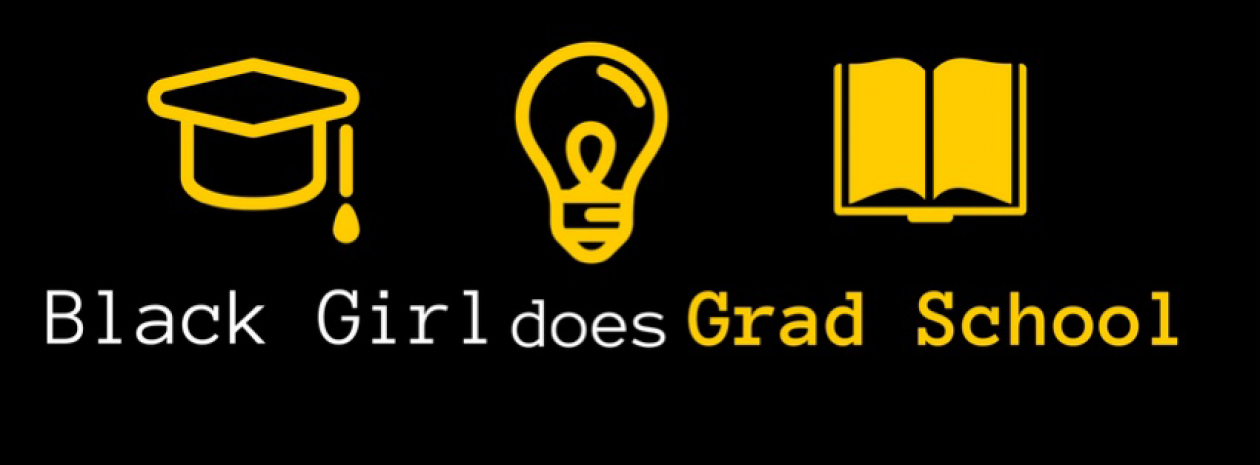One of my personal trademarks is my love of undertaking lots of projects at once. My mother characterizes me as someone who loves to stay busy; once she said that if you take a normal person’s full workload and add about five things, that’s my sweet spot. There are a number of troubling ideas tied up in this conception of busy-ness: critiques of hustle culture, the unreasonable workload hefted onto the shoulders of junior scholars of color (specifically women of color) and the very real trope of the Black Superwoman come immediately to mind. There are so many factors that leave someone like me vulnerable to overwork and burnout. However, a combination of boundless energy fueled by anxiety and often hypomania, and a desire to keep myself motivated by pursuing a number of side passion projects helps keep me sane while I’m writing my dissertation.
I have a few different hobbies, including yoga and crafting, that offer respite in different ways, but the number one activity that keeps me ready to dissertate is, surprisingly, more writing.
Since passing my comprehensive exams last May, I’ve been focused on my prospectus and dissertation. Since that same date, I have also drafted two novels, several comic book scripts, and over half of a graphic novel project.
Researched dissertation and article writing uses a different set of muscles than fiction writing. For me, it’s the equivalent of reading for research and reading for fun (which is also something I make sure to do while dissertating). Either way, like various forms of exercise, it’s all still good for you. It keeps your mind well oiled and practiced.
Writing fiction is actually a great motivator for me to do my researched work. I often don’t let myself write any pages on my fiction project until I’ve hit a predetermined goal for my writing session (usually something like 250 words or 2 pages). And because I’m eager to write new pages, I’m more likely to get my work writing done before heading over to my other Scrivener projects. It’s a great break for when I want to write but I’m tired of my “scholar voice” and want to explore things in other ways.
It also helps me hone in on what I want to say in my dissertation and how I want to say it. One of the novels that I wrote and have worked on a lot since I first drafted it last year is, in a lot of ways, a fictional adaptation of many of the themes I’m exploring in my dissertation. Trying to convey those themes in a Young Adult novel requires thought exercises that help me be clear and concise about the idea I am trying to communicate in my dissertation. The likelihood that anyone outside of my committee will read my project is slim, but these ideas are still important to me, so I slip them into my novel. Writing on (at least) two different projects helps me think through who my audience is for my work– all the variations of it.
I think this is particularly important to me as a scholar who writes about Black girls (and women). I want to talk to us. I want to use my words to reach somebody. And I know that my scholarship– my manuscripts and peer reviewed articles– may not be the work that gets to who I want to be in conversation with. But it might be my novels. Perhaps a blog post. Maybe the articles I manage to write when I have the time.
Then, practically speaking, writing fiction reminds me that my whole life isn’t my dissertation. It helps me keep things in perspective. My dissertation is not, will not, be my magnum opus. I am much more than these few hundred pages that I will produce as a representation for this sliver of time in my life when I was deeply invested in chasing this one particular set of questions. I will write other things. I will love writing other things. There’s so much more to explore than what will go between the covers of this project.
There are so many reasons why this works for me. I could write about how it’s a salve for my soul. I could write about how fiction saves me. But ultimately, I do this because I can’t not.
When I was a first year in my grad program, Edwidge Danticat came to campus and someone asked her why she wrote. She replied simply, “I can’t not.” Nic Stone recently said something similar on an Instagram Live video.
I write all of these things because I can’t imagine living with all of these stories inside of me, just carrying around from place to place. Wouldn’t they get heavy? No, I have to write mine down to make space for the new ones, and then one day, I will write those, too.
I can’t control how my ideas come out of my head and make their way onto paper. I’m just grateful I have the tools to work with them and help them find the form they need to thrive.



